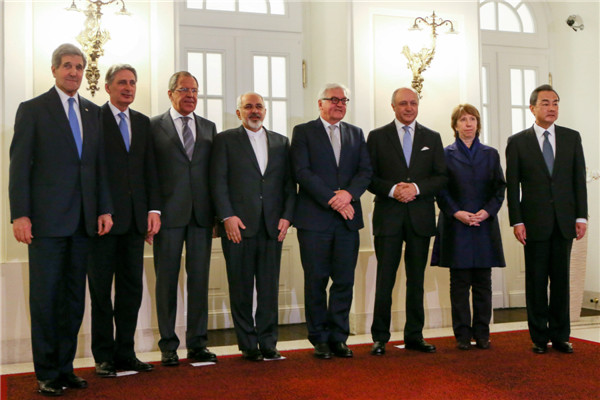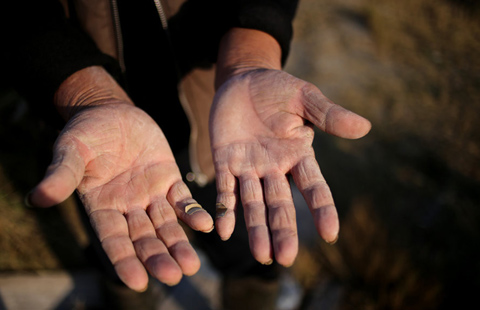Future Iran nuclear talks need to be based on compromise, trust
Updated: 2014-12-30 10:48
(Xinhua)
|
||||||||
CAIRO -- For decades, Iran's controversial nuclear program has gotten on the nerves of the Western capitals. The latest seven-month talks extension between Tehran and the world powers have once again reminded the international community how hard it is to strike a fine deal.
It also alerted the negotiators that more courage to compromise -- the only key to unlock the nuclear impasse -- is still in shortfall.
Despite the fact that Iran and the major powers, also known as the P5+1 bloc grouping the United States, Britain, France, Russia, China and Germany, have twice missed the deadline for a comprehensive nuclear agreement, they have indeed made some key breakthroughs and progress towards solving the Iranian nuclear issue.
In September, 2013, US President Barack Obama and then-newly-elected Iranian President Hassan Rouhani spoke over the phone and agreed to accelerate the nuclear talks. It was the first direct talks between the leaders of the two countries since the 1979 US hostage crisis in Tehran.
Later in November, Iran and the world powers reached an accord, under which Tehran agreed to limit its uranium enrichment activities in exchange for a moderate relief of the West-imposed sanctions.
Over the months, Iran has also cooperated with the International Atomic Energy Agency (IAEA) to address some of the UN nuclear watchdog's concerns over the nuclear program.
- Yearender: Difficulties lie ahead as Iran nuclear talks to enter new year
- Iran says australia ignored warnings
- Good atmosphere prevails in Iran-US talks
- Document on linking China's railway to Iran signed in Dushanbe
- Iran's unwelcome dogs finally find proper care at rare shelter
- Addiction to meth sees sharp increase in Iran

 Top 10 happiest cities in China 2014
Top 10 happiest cities in China 2014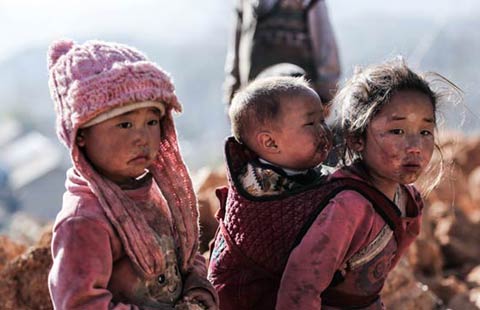
 Children step out of Daliang Mountain
Children step out of Daliang Mountain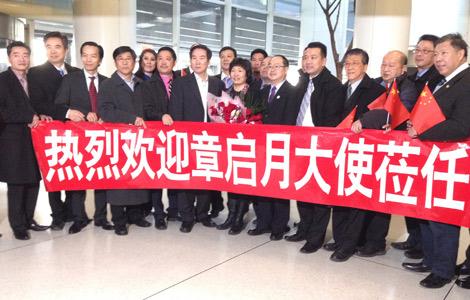
 New Consul General of China in New York arrives at JFK
New Consul General of China in New York arrives at JFK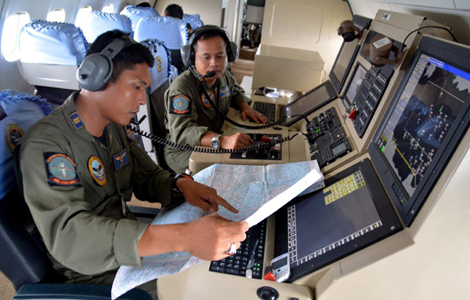
 Missing AirAsia plane maybe at sea bottom
Missing AirAsia plane maybe at sea bottom
 Chinese artists get Times Square spotlight
Chinese artists get Times Square spotlight
 Yearender: Best selling Chinese films in 2014
Yearender: Best selling Chinese films in 2014
 Top 10 policy changes of China in 2014
Top 10 policy changes of China in 2014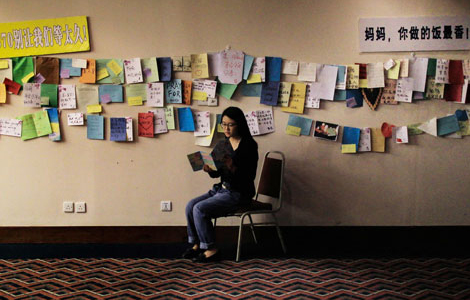
 Families of MH370's passengers still hold out hope
Families of MH370's passengers still hold out hope
Most Viewed
Editor's Picks

|
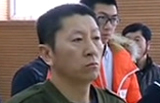
|

|

|

|

|
Today's Top News
China says no role in Sony hacking
'Human error' at fault in disappearance of AirAsia flight
Lost plane's request to change course was denied
The Interview gets mixed views
Harvard students seek meaty profits from alpaca
Funeral set for Officer Wenjian Liu
China offers to help in search for missing AirAsia flight
AirAsia plane has tire problem in Philippines
US Weekly

|

|
